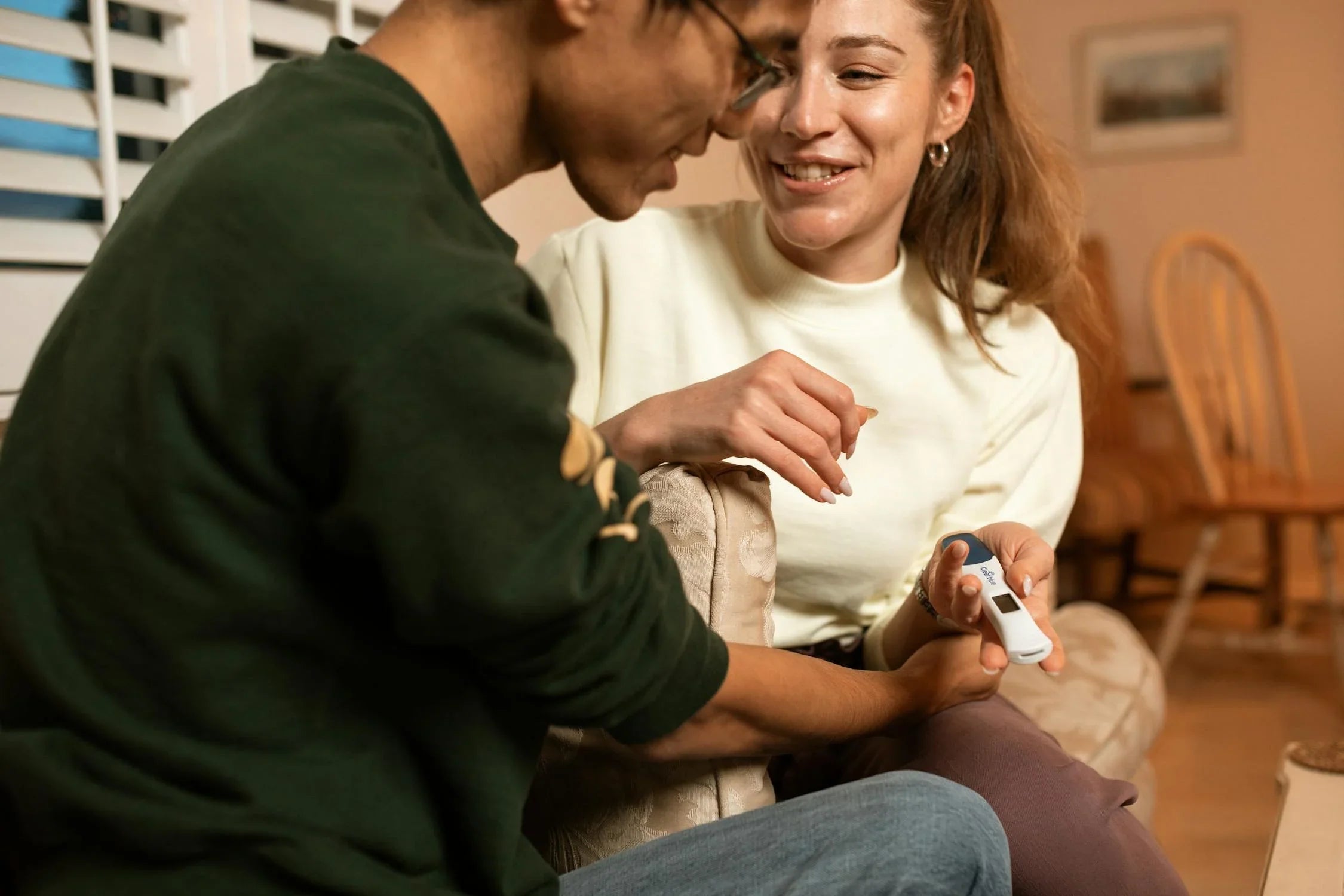Home
Pregnancy, Breastfeeding, and Pumping: The Ultimate Guide for Moms
When Do Pregnancy Tests Become Accurate: A Comprehensive Guide

When Do Pregnancy Tests Become Accurate: A Comprehensive Guide
Pregnancy tests are a pivotal tool for anyone trying to conceive or concerned about an unplanned pregnancy. Understanding when these tests become accurate can save you from unnecessary stress and confusion. This article dives deep into the science behind pregnancy tests, the ideal timing for taking them, and the factors that can affect their reliability.
How Pregnancy Tests Work
Pregnancy tests detect the presence of human chorionic gonadotropin (hCG), a hormone produced by the placenta after a fertilized egg attaches to the uterine lining. There are two main types of pregnancy tests: urine tests and blood tests. Urine tests are the most common and can be done at home, while blood tests are conducted in a medical setting and are more sensitive.
When Do Pregnancy Tests Become Accurate?
The accuracy of a pregnancy test depends largely on the timing. Most home pregnancy tests claim to be accurate as early as the first day of a missed period. However, the reliability increases significantly if you wait a few days after your missed period. Here’s a breakdown of the timeline:
- Before Missed Period: Some tests can detect hCG levels as early as 6-8 days after ovulation, but the accuracy is lower during this period.
- On the Day of Missed Period: Most tests are about 99% accurate if taken on the day of your missed period.
- One Week After Missed Period: Waiting a week after your missed period can further increase the test’s accuracy, as hCG levels continue to rise.
Factors Affecting Test Accuracy
Several factors can influence the accuracy of a pregnancy test:
- Timing: Taking the test too early can result in a false negative.
- Test Sensitivity: Different tests have varying levels of sensitivity to hCG.
- Improper Usage: Not following the instructions can lead to inaccurate results.
- Medications: Certain medications can interfere with hCG levels.
- Medical Conditions: Conditions like ectopic pregnancy or ovarian cysts can affect test results.
Tips for Accurate Results
To ensure the most accurate results, consider the following tips:
- Use First Morning Urine: hCG levels are most concentrated in the first urine of the day.
- Read Instructions Carefully: Follow the test instructions meticulously to avoid errors.
- Wait the Recommended Time: Give the test enough time to develop, but don’t wait too long, as this can also lead to false readings.
- Confirm with a Doctor: If you get a positive result, confirm it with a healthcare provider.
Understanding False Positives and Negatives
False positives and negatives can occur for various reasons. A false positive might happen due to a chemical pregnancy, certain medications, or an evaporation line. A false negative usually occurs if the test is taken too early or if the urine is too diluted.
When to Consult a Healthcare Provider
If you receive conflicting results or have symptoms of pregnancy but a negative test, consult a healthcare provider. They can perform a blood test, which is more sensitive and can detect lower levels of hCG.
Knowing when pregnancy tests become accurate can help you make informed decisions and reduce anxiety. By understanding the science behind these tests and following best practices, you can increase the likelihood of obtaining reliable results. Whether you’re hoping for a positive or negative outcome, timing and proper usage are key to getting the most accurate results.
Share
